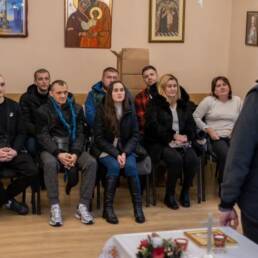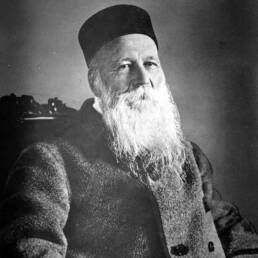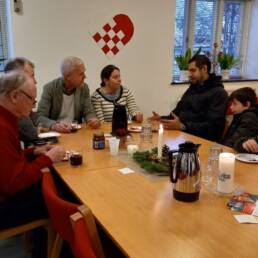Pope Francis’ influence on the social teachings of the Church should not be overlooked.
Two topics deserve special consideration : first, his reappraisal of the so-called “liberation theology”, which finds its roots in Latin America but is rather a cluster of currents than a monolith. Pope Francis is sometimes told to have “defeated” its theologians, but this is only true of a small and very specific part of this theology. Its main achievement is the preferential option for the poor, a notion developed by the Churches of Latin America in the run-up to the Vatican II Council, now belonging to the “hard core” of the Church social teachings. Pope Francis not only subscribes to this major intuition, as demonstrated in the conclusions of the Aparecida meeting of CELAM, the Conference of Latin-American bishops, where he played a key role as a rapporteur. Pope Francis also makes it a cornerstone of his mission. However, he reacts boldly against any attempt at assessing the “signs of the times” from an reductionist point of view, i.e. from a exclusively social point of view without the light of faith. He also takes distance from another reductionism, i.e. a dialectic paradigm based on opposition rather than on discussion, on exclusion rather than on complementarity. Pope Francis pays tribute in this respect to the Italian theologian Romano Guardini, who spent most of his life as a University Professor in Germany.
Another aspect brought forward by Pope Francis is his new appraisal of the “Common good”, also a pillar of the social teachings of the Church. The Common good is indeed exposed to a double threat: the first one is a narrow vision of communautarism, i.e. a reduction of the community of humans to single nations or to specific groups. The second one is the neglect of future generations, which invites to broaden the classic concept of “integral development” (the development of each man and the whole man) to that of “sustainable AND integral development”.












